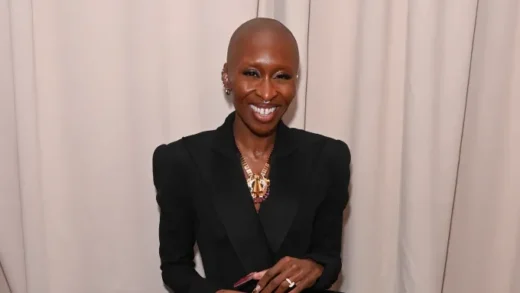CAA on Monday filed an antitrust lawsuit against the Writers Guild of America, accusing the guild of violating federal law by exceeding the scope of its authority to regulate agents.
The move arrives just days after WME and UTA filed similar lawsuits against the guild — and in the wake of an antitrust cease-and-desist letter from the WGA to the Association of Talent Agents. The moves signal a further escalation of the bitter struggle between the WGA and the industry’s major talent agencies over packaging fees and affiliate production.
“This lawsuit is necessary because the leadership of a labor union is attempting to restrain competition on a staggering scale using illegal means,” says the complaint, “including agreements with non-labor parties in service of a group boycott and overly restrictive restraints in commercial markets that the union has no authority to regulate, all of which is prohibited by law.”
All three lawsuits allege that the guild is engaging in an illegal group boycott of agencies that refuse to sign onto the union’s Code of Conduct, introduced in April, that bars both disputed practices. At issue in the litigation is the scope of a union’s right to act anticompetitively — for instance, to call for a boycott — under two specific labor antitrust exemptions, the “statutory exemption” that is written into the law and a judge-made “non-statutory exemption.”
The statutory and non-statutory exemptions provide a safe harbor for union activity, but the agencies contend that the WGA has strayed onto the high seas and is now subject to potentially massive liability for its actions, including treble damages, as well as an injunction against the Code.
The guild, in contrast, charges that the ATA has exceeded its authority by acting as a collective bargaining unit for the agencies, and that that and other behavior is itself a violation of antitrust law by the ATA and agencies.
In addition, the WGA previously responded to WME’s filing by pointing out that a 1975 antitrust lawsuit over packaging fees by a WME predecessor, the William Morris Agency, resulted in a preliminary ruling in the guild’s favor. “There is no merit to WME’s lawsuit, and the Guild will not be bullied into a bad deal,” said the WGA.
“This whole situation has officially jumped the shark,” said the frustrated leader of a mid-tier agency Sunday night, even before the CAA filing.
Given the typical timing of federal cases, it’s likely that the litigation may take 18 to 24 months to resolve, not including potential appeals. However, one or more of the agencies could move for a preliminary injunction and expedited discovery, making it possible that a court would rule a few months from now. A ruling in the agencies’ favor would have a dramatic effect on the dispute by allowing writers to return to their agents while litigation proceeds, while a ruling in the guild’s favor would prolong the stalemate until a final resolution.
It’s likely that the three cases will be heard by the same judge, and they may be consolidated as a single case. The same is true of any similar litigation that other agencies such as ICM may choose to file against the guild.
“In effect, the WGA is seeking to restrain competition in a significant portion of the entertainment industry, far beyond lawful union interests,” argues the complaint. “The WGA’s unlawful group boycott ultimately will cause substantial harm not only to talent agents but also to actors, directors, production staff, below-the-line employees, and many other industry workers — as well as the vast majority of the union’s own writer membership — all of whom depend on the agencies’ pro-competitive activities to ensure that television shows actually get made and that individual artists are equipped to maximize their value.”
The agencies have offered to share a portion of packaging fees with writers and to institute transparency and consent guardrails, but the guild has been steadfast in its intent to bar the practices and also to seize power from the agencies. In April, over 7,000 WGA members fired their agents under orders from the guild, and the WGA filed suit against WME, CAA, UTA and ICM in a parallel attempt to bar packaging fees. That suit is currently on hold, however, pending procedural moves. Meanwhile, negotiations between the WGA and ATA have been fruitless.
(Excerpt) Read more in: The Hollywood Reporter





